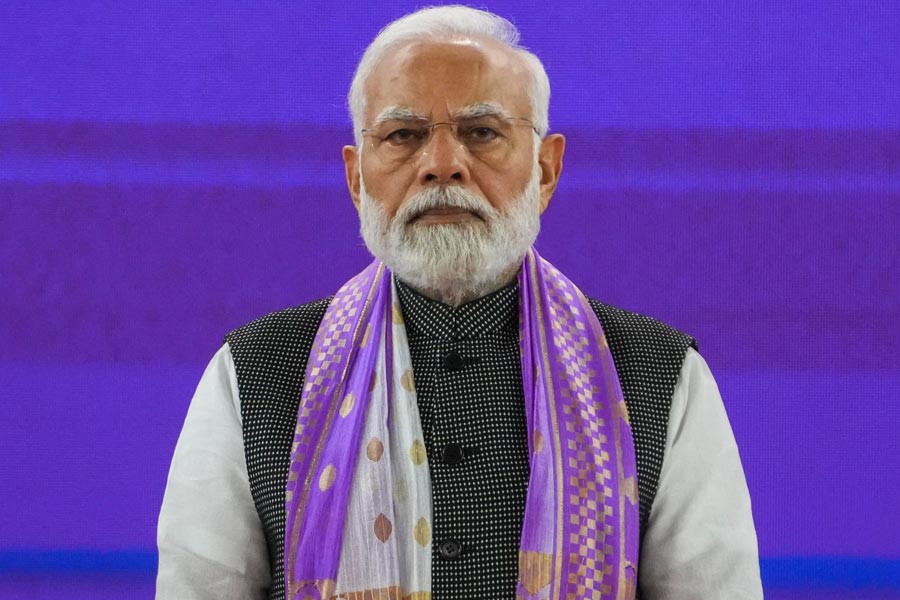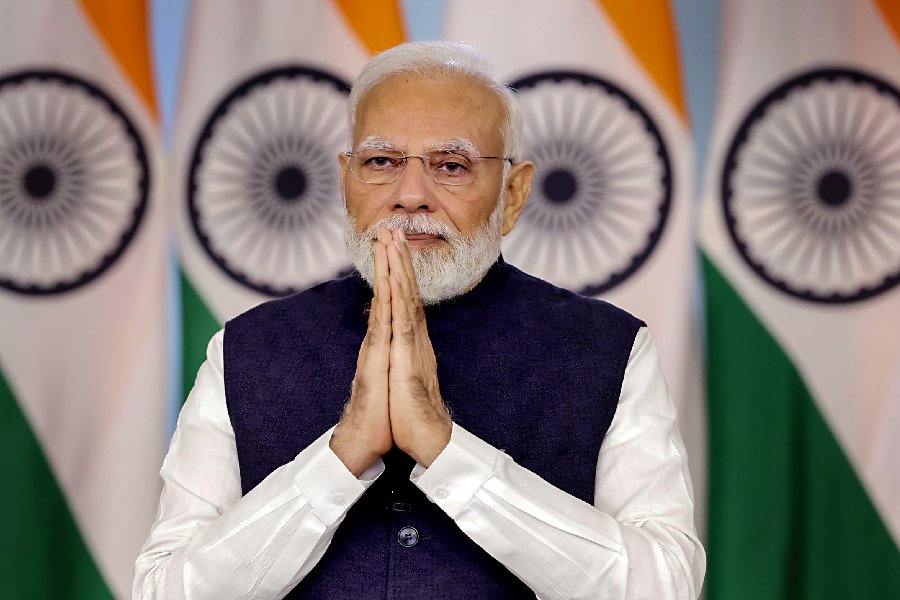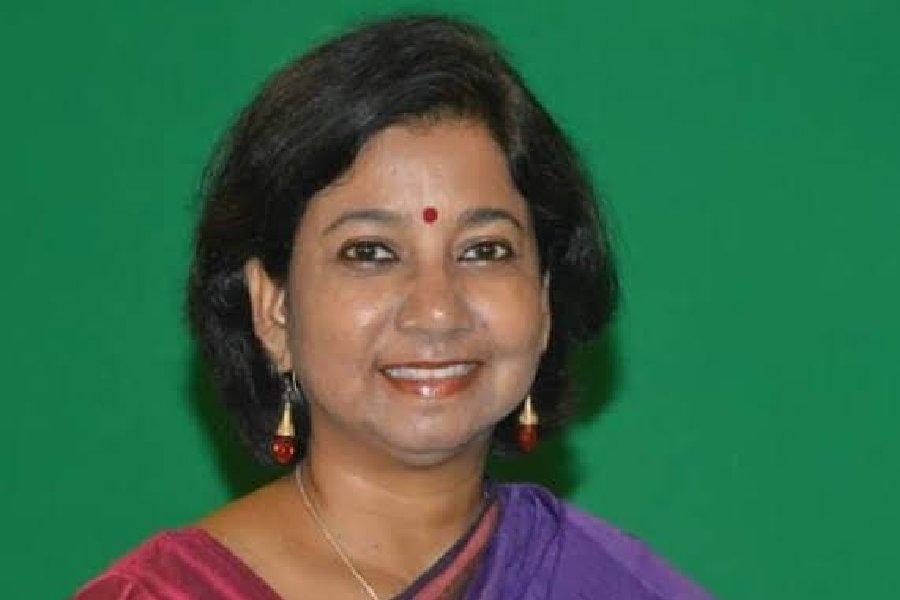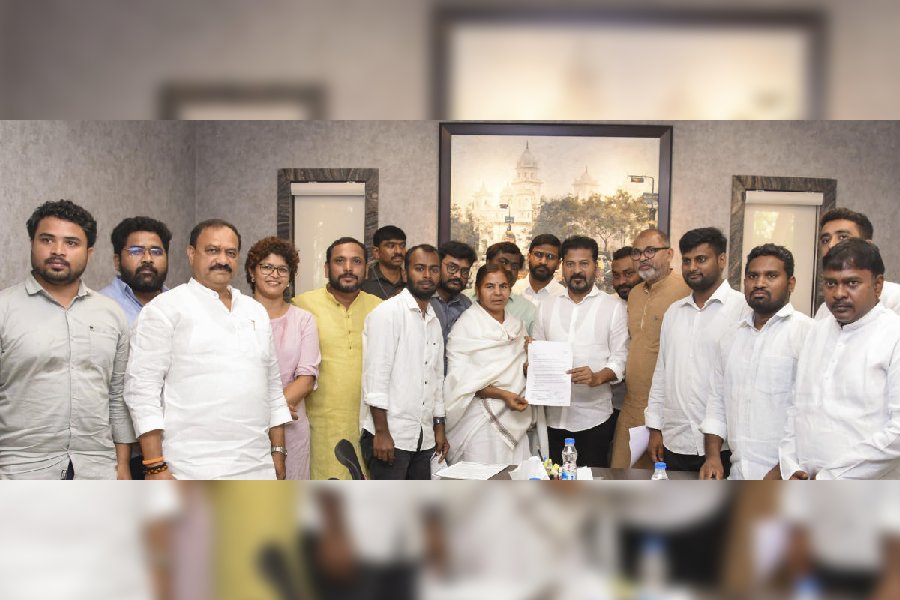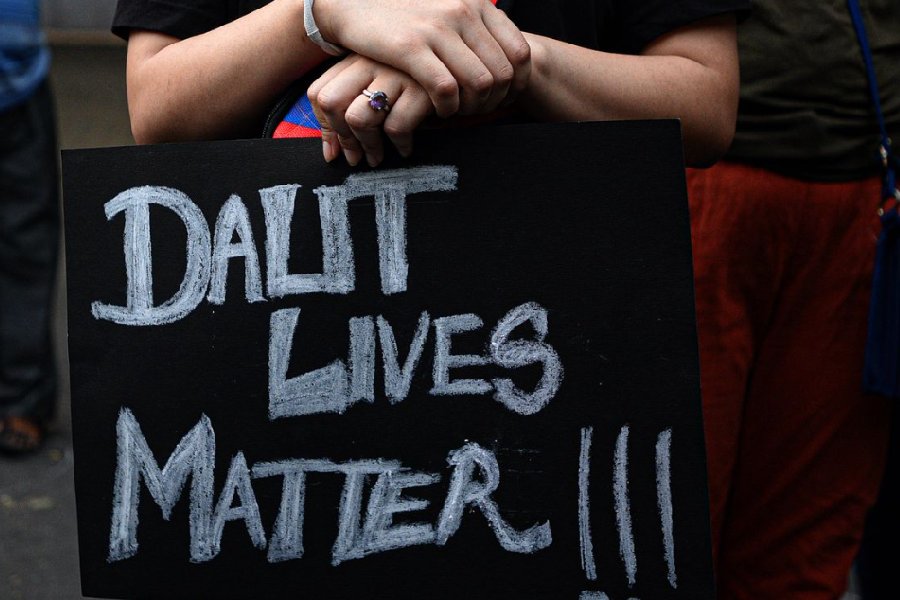Ahead of Prime Minister Narendra Modi’s arrival in Paris on Thursday, the European Parliament was scheduled to discuss the situation in Manipur despite India’s efforts to stall the inclusion of six resolutions on the situation in the northeastern state in the agenda of the ongoing plenary in Strasbourg, France.
That India had tried to persuade European Union parliamentarians to reconsider their decision to submit resolutions for a discussion on Manipur was confirmed by foreign secretary Vinay Mohan Kwatra.
“The Manipur question is a matter totally internal to India…. We have made a reachout to the concerned EU parliamentarians. We have made it very clear to them this is a matter totally and absolutely internal to India,” Kwatra said.
He, however, sidestepped a question on whether India had engaged the political lobbying agency Alber & Geiger to persuade the members of the European Parliament (MEPs) to reconsider their resolutions, which are to be followed by a vote.
Six resolutions, across the political spectrum, have been listed for discussion on Wednesday evening under the head “India, the Manipur situation”. In all, 14 MEPs are listed to intervene in the 21-minute discussion that will focus on fundamental freedoms, human rights and democracy in general.
Although the immediate trigger is Manipur, the resolutions touch upon a host of issues, along with the specifics of the strife in the northeastern state, including the Meitei-Kuki equation, the internal displacements and Internet shutdowns.
The ECR (European Conservatives and Reformists) Group resolution also states that “religious freedom in India has declined in recent years, marked by the promotion and enforcement of discriminatory laws and practices that negatively impact the country’s minorities of Christian, Muslim, Sikh, and Adivasis populations”.
While the Centre-Right European People’s Party resolution dwells on the attacks on the Christian community in Manipur, the liberal Renew group's resolution also draws attention to “concerns about politically motivated divisive policies that promote Hindu majoritarianism and an increase in militant groups”.
The Socialists & Democrats’ resolution mentions “concerns over shrinking space for civil society, detentions and harassment of those exercising their legitimate rights and the use of laws to stifle dissent”.
It states that human rights groups have accused the “BJPled government in Manipur and nationally of implementing divisive ethnonationalistic policies which oppress in particular religious minorities” and “denounces in the strongest terms nationalistic rhetoric deployed by leading members of the BJP”.
The Verts/ALE (Greens/ European Free Alliance) Group resolution quotes human rights groups accusing the BJP-ruled state government of “stoking ethnic divisions”, “deplores the democratic and human rights backsliding across the country under the leadership of Prime minister Modi” and “reiterates its concern about the stifling of fundamental freedoms, notably under the Foreign Contribution Regulation Act (FCRA) and the Unlawful Activities Prevention Act (UAPA)”.
The Left Group’s resolution says the “Indian government escalated its systematic discrimination and stigmatisation on religious and national minorities, particularly Muslims”, and “political leaders and public authorities explicitly advocated hatred towards these minorities with impunity”.
It also “urges the authorities to end its crackdowns on civil society groups and politically motivated prosecutions and harassment on human rights activists and critics under the FCRA, UAPA, and other laws that have been used to intimidate or censor civil society”.
The Imphal Times quoted a statement by Alber & Geiger suggesting their involvement in attempting to counter these resolutions in the European Parliament. A statement by Alber & Geiger, quoted in the Imphal Times, says that the Government of India is trying its best to restore peace and, therefore, “the internal situation in Manipur should be discussed between Parliament and India before such a harsh Urgency Resolution is discussed by the Parliament”.
The lobbying firm also brought up the under-discussion free trade agreement between India and the EU to assert that India should not be denied an opportunity to explain its position. “Since the deadline to table this on the 10th of July, and the opportunity to review this decision is short, we would kindly ask not to include Urgency Resolution ‘India, the Situation in Manipur’ in the items of the agenda for the next Plenary Session,” the statement said.
The European Parliament’s resolutions are not binding on member states but act as recommendations and send a message to governments across Europe that parties from the entire political spectrum are supportive of this process.
In 2020, India managed to get a vote on a joint resolution on the Citizenship Amendment Act postponed on the plea that the matter was sub-judice and Indian ministers ought to be given an opportunity to explain it since the India-EU Summit was around the corner. Eventually, with the onset of the pandemic, India dodged the bullet in that instance.

